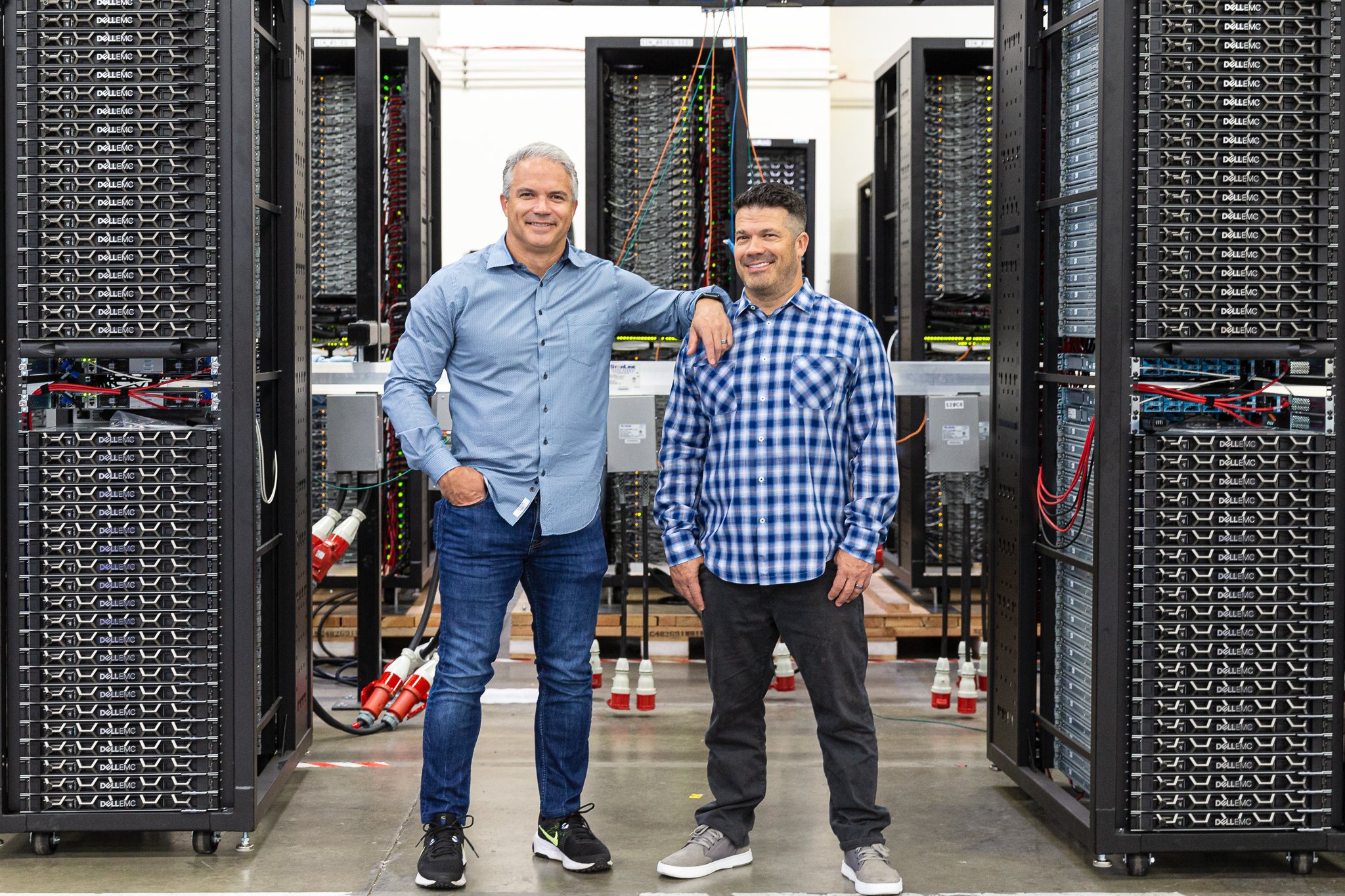We interact with Artificial Intelligence every day. And we make it smarter.
As consumers, AI enhances our experiences with companies. While still in its infancy, it's rapidly changing the way we manage our lives. It’s especially changing the shop.
AI-powered products like the Amazon Echo (“Alexa”) or Apple’s Siri respond to inputs by the user. The more we interact with these products over time, the more the algorithms can predict our behavior.
Download our free eBook, The Enterprise Guide to Kicking Off the AI Adoption Process.
As shoppers, we notice personalized advertising and product suggestions. We subconsciously become coerced into spending more money. Yet, beyond even that, AI is also working to evolve our finances every single day. Here are a couple of examples of how artificial intelligence is changing the finance industry.
AI for wealth management
A recent CBR article delineates the future success of AI in the retail banking sector. Like shopping, people are predictable when it comes to personal finances. Instead of balancing checkbooks, we now pay most of our bills electronically and trade investments online.
Banks possess mass amounts of existing customer data. AI software can analyze that data to increase transparency, lower costs and provide insights for advising.
When banking online, you can expect to interact with automated chat boxes or robo-advisors. Consulting firm, Kearney predicts the usage of robo-advisors will increase 68% within the next five years.
Proponents of AI believe it will drive down costs in financial services making wealth management more accessible. In turn it will create room for new entrants to the investment market.
AI fraud detection
You're going about your day when suddenly, you get a text, an email, and a call, all telling asking if a purchase you made for $980 in New York City two minutes ago was made by you. Your heart drops and you quickly reply, "No". Within minutes, your answer is recorded, your card has been cancelled, and a new one is on its way.
Today, we're all seeing the benefits of AI-based fraud detection on a regular basis. Whether being asked to confirm your card number after changing your shipping address on Amazon or being notified for potential credit fraud, you're seeing Artificial Intelligence brought to life to help your finances.
Every day, this AI is getting stronger as it analyzes the types of purchases you typically make and compares that to anything unusual that comes in. So each time you get a notification, it's much more likely to be accurate.
Making payments through AI
Many consumers leverage technologies like Siri or Echo to purchase goods or make payments. These technologies use algorithms to predict the next iteration of similar transactions based on user history.
Finie, a technology by Ann-Arbor based startup, Clinc, enhances the financial potential for voice-activated AI devices. It serves as a financial advisor that can answer questions unique to each user. You may ask your device, “How much rent can I afford?” or “I went out in Santa Monica last night, how much did I spend?” Finie can answer these questions in addition to making transactions by voice command.
A plethora of companies worldwide are competing in the financial AI race. Morgan Stanley utilizes its 3D Insights Engine to match customers with relevant products. BlackRock’s Aladdin scans financial articles to summarize pertinent market information for professionals and clients. Those on the forefront of financial AI will benefit the most.
As the technology self-improves, companies deploying AI technologies today will better serve their customers in the future.
Learn everything you need to take to successfully bring AI solutions to your enterprise. Download our free eBook, The Enterprise Guide to Kicking Off the AI Adoption Process.














